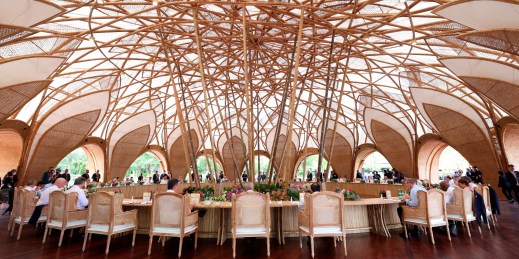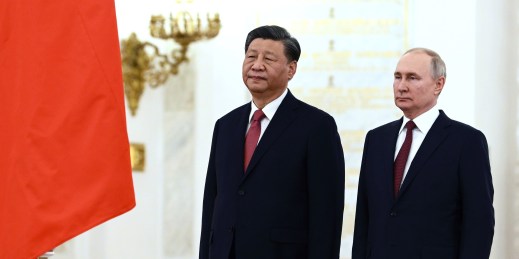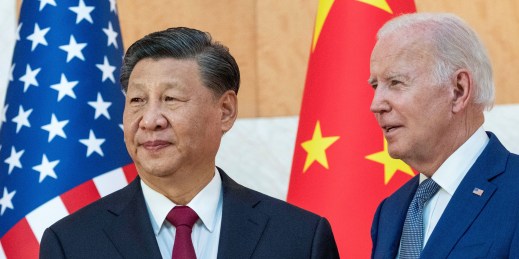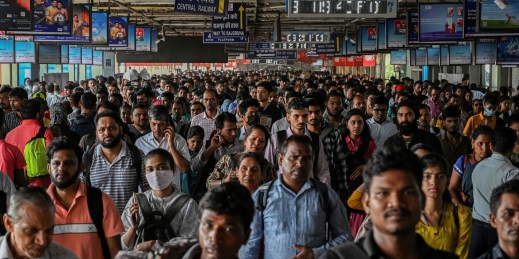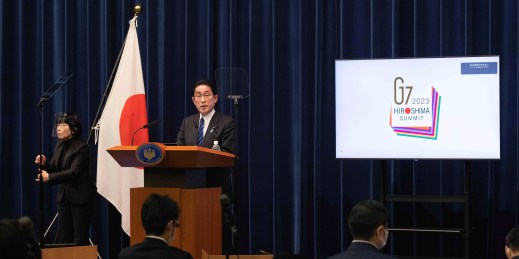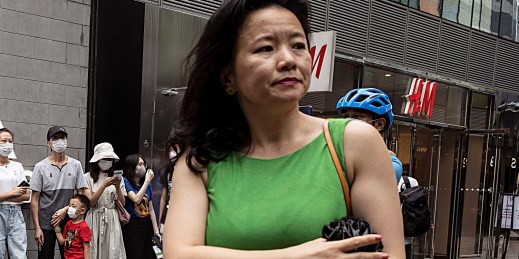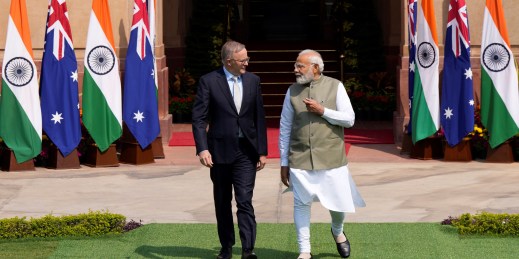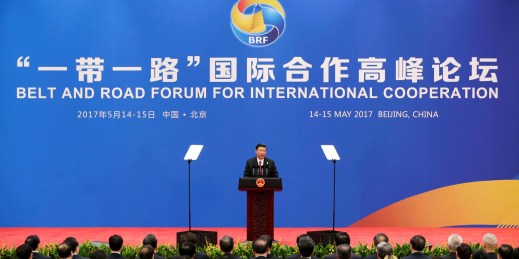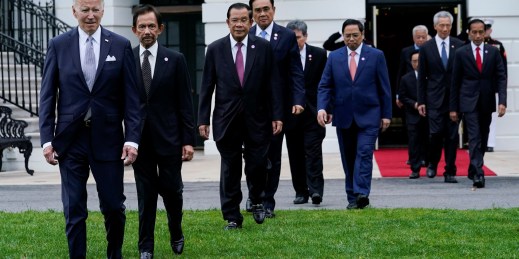
Over the past five years, Beijing has adopted a much more assertive military and diplomatic approach in Southeast Asia. While one could reasonably expect this to negatively affect China’s standing in the region, the opposite is the case. China’s influence in Southeast Asia has soared, largely at the expense of the United States.

